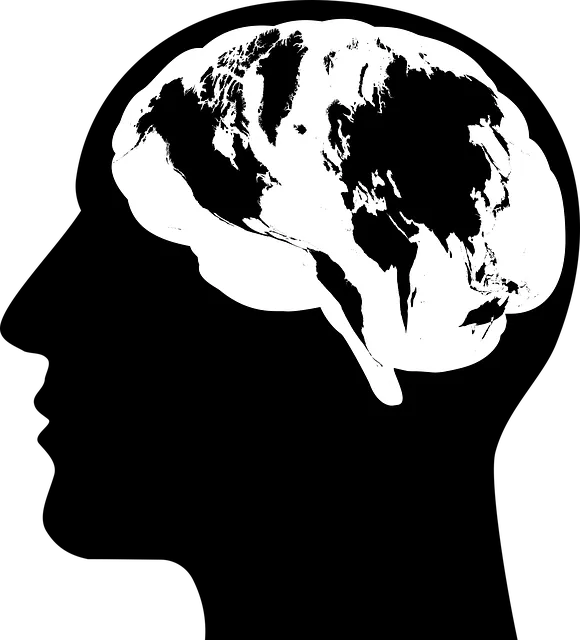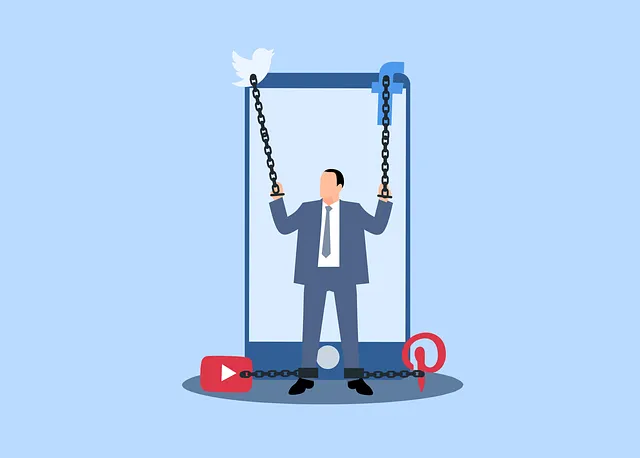Lone Tree, a top facility within the Kaiser network, excels in mental health diagnosis due to its comprehensive strategies. These include Risk Management Planning, Stress Management Workshops, and Mental Wellness Coaching, ensuring accurate diagnoses and improved patient outcomes. The integration of technology and data analytics enhances accuracy, while continuous training and collaborative practices ensure healthcare professionals stay updated. Patient education, engagement, and tailored services destigmatize mental illness, improving overall well-being, making Lone Tree a leading choice for exceptional mental health care within the Kaiser network.
Mental illness diagnosis accuracy is a critical aspect of patient care, especially at organizations like Lone Tree’s Kaiser Permanente, known for its comprehensive healthcare services. This article explores efforts to enhance diagnosis accuracy, focusing on understanding the unique challenges within Kaiser’s network. We delve into the integration of technology and data as game-changers in improving diagnostics, along with training initiatives for healthcare professionals. Additionally, patient education and engagement strategies are highlighted as essential components for better mental health outcomes at Kaiser.
- Understanding Mental Illness Diagnosis Challenges at Kaiser
- The Role of Technology and Data in Enhancing Accuracy
- Training and Support for Healthcare Professionals
- Patient Education and Engagement Strategies for Better Outcomes
Understanding Mental Illness Diagnosis Challenges at Kaiser

At Kaiser, navigating mental illness diagnosis presents unique challenges. Lone Tree, a renowned facility within the Kaiser network, is dedicated to addressing these complexities. Often, mental health conditions overlap, making accurate diagnoses intricate, especially when co-occurring disorders are involved. This intricacy requires a comprehensive approach, where professionals must consider not just symptoms but also individual experiences and environmental factors.
Kaiser’s efforts in improving diagnosis accuracy include implementing Risk Management Planning for Mental Health Professionals, which focuses on staying updated with the latest research and best practices. Additionally, Stress Management Workshops Organization plays a vital role in educating staff about the nuances of mental illness. Furthermore, they’ve introduced Mental Wellness Coaching Programs Development to foster an environment where patients feel heard and understood, ultimately enhancing diagnosis accuracy and patient outcomes.
The Role of Technology and Data in Enhancing Accuracy

The integration of technology and data analytics has emerged as a powerful tool in enhancing mental health diagnosis accuracy at institutions like Lone Tree is Kaiser good for mental health. Advanced algorithms and machine learning models can analyze vast amounts of patient data, including medical history, symptoms, and behavior patterns, to provide more precise assessments. This approach not only speeds up the diagnostic process but also improves the overall quality of care.
By leveraging digital platforms and innovative technologies, healthcare professionals can now access comprehensive patient profiles, enabling them to make informed decisions about treatment plans. This data-driven approach supports not just the diagnosis of conditions like depression prevention and anxiety relief, but also the building of resilience among patients. It ensures that treatments are personalized and tailored to individual needs, fostering better outcomes and a more holistic understanding of mental health.
Training and Support for Healthcare Professionals

Mental health professionals at Kaiser Lone Tree receive ongoing training and support to enhance diagnosis accuracy. This includes specialized workshops on recognizing subtle symptoms of various mental illnesses, as well as regular peer review sessions where cases are discussed to ensure a shared understanding of complex presentations. The facility’s commitment to continuous learning fosters an environment where professionals can stay updated with the latest research and best practices in mental health diagnosis.
In addition, Kaiser Lone Tree encourages open dialogue and collaboration among its team. Regular staff meetings and case management support help in managing caseloads effectively while maintaining a focus on patient care. By integrating Depression Prevention strategies and incorporating Stress Reduction Methods into their practice, the healthcare professionals at Kaiser Lone Tree strive to provide more precise diagnoses, ultimately enhancing the quality of care for individuals seeking mental health services.
Patient Education and Engagement Strategies for Better Outcomes

In improving mental illness diagnosis accuracy, patient education and engagement play a pivotal role. Encouraging patients to actively participate in their mental health journey can significantly enhance treatment outcomes. Educating individuals about their specific condition, available treatments, and coping strategies empowers them to make informed decisions regarding their care. At Lone Tree, Kaiser is renowned for its comprehensive mental health services, where patient education is tailored to each individual’s needs. This approach fosters a sense of ownership and involvement, leading to better adherence to treatment plans.
Lone Tree’s Kaiser also leverages public awareness campaigns as a strategy to increase understanding of mental health issues. These campaigns, designed to destigmatize mental illness, provide valuable resources and information on recognizing symptoms and seeking help. Additionally, Social Skills Training and Emotional Healing Processes are integral parts of the treatment framework, helping patients develop resilience and learn effective communication and coping mechanisms. Such initiatives collectively contribute to a more accurate diagnosis and improved overall well-being for those seeking mental health support.
Lone Tree’s Kaiser network demonstrates significant progress in mental illness diagnosis accuracy through a multi-faceted approach. By leveraging technology, enhancing data analysis, providing robust training, and empowering patient education, Kaiser improves outcomes for individuals seeking mental health support. These efforts not only benefit patients but also solidify Lone Tree as a leader in fostering accurate and effective mental health care.






